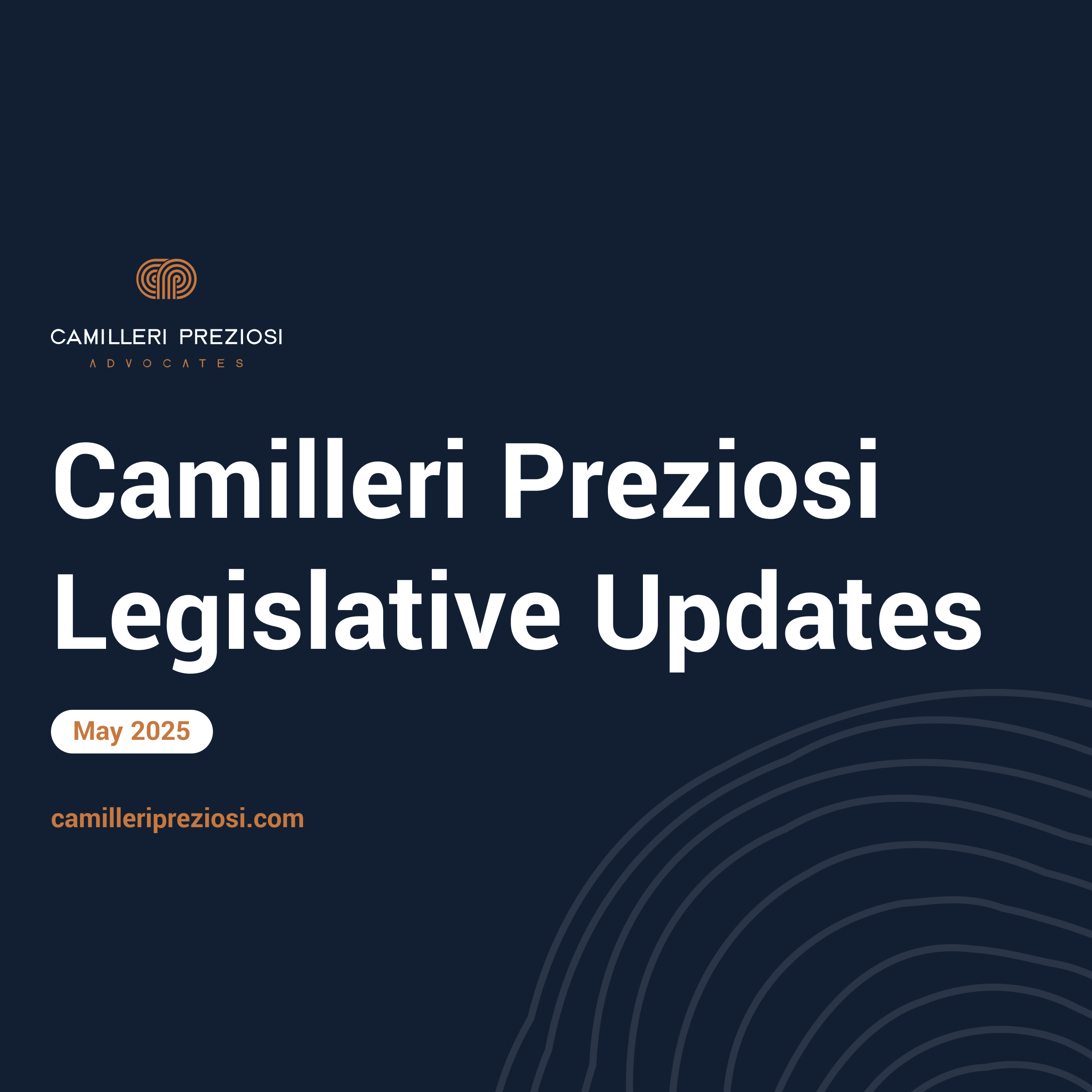
The world is changing fast, as are markets, trends, opportunities, and threats for both employers and employees, albeit in different ways.
The pinch of a perceived protracted labour shortage across several sectors has led some employers, particularly those overzealous to protect their own resources, to veer away from the straight and narrow, by engaging in unlawful agreements with competitors.
Certain agreements with competitors are in breach of competition law prohibitions and may result in consequences which far outweigh their prospected ‘benefit’.
This was the recent message of the UK Competition and Markets Authority, which for the first time provided guidance on the application of competition law to labour markets.
The guidance focuses on behaviour and agreements in labour markets which would be in breach of competition law. In case you were wondering, an ‘agreement’ includes arrangements which are only made verbally, or even unspoken, as long as there is the notorious ‘meeting of the minds’.
Arrangements not to poach or recruit a competitor’s employees, aligning conduct on wages, or even sharing of information on employment conditions, which may result in reducing uncertainties expected in a competitive environment: all these skew the competitive tensions between undertakings on a market and are therefore (generally) prohibited.
You may think that one headache is out of the way, because the store down the road will not try poaching your employee after the ‘friendly discussion’ you had some time ago, but here is the catch – being part of such collusive behaviour in breach of competition law includes, apart from the unenforceability of the agreement itself, fines which may be up to 10% of your group’s yearly turnover.
This applies entirely in the local regulatory context, and it is therefore crucial for all aspects of a business to understand the limitations imposed by competition law. Educating your staff on the subject is key to both avoid them engaging in such collusive behaviour – in which case you will be responsible for their conduct anyway – and for them to gain the sensitivity of recognising a situation which ought to be flagged as potentially illegal.
Finally, help your staff feel comfortable raising these flags by establishing clear reporting channels.
Should you be a party to any such arrangement and not know what you should do next, or if you’re not sure whether an arrangement you ‘got yourself into’ is potentially collusive, or if you just want to know more about this, feel free to contact us.






